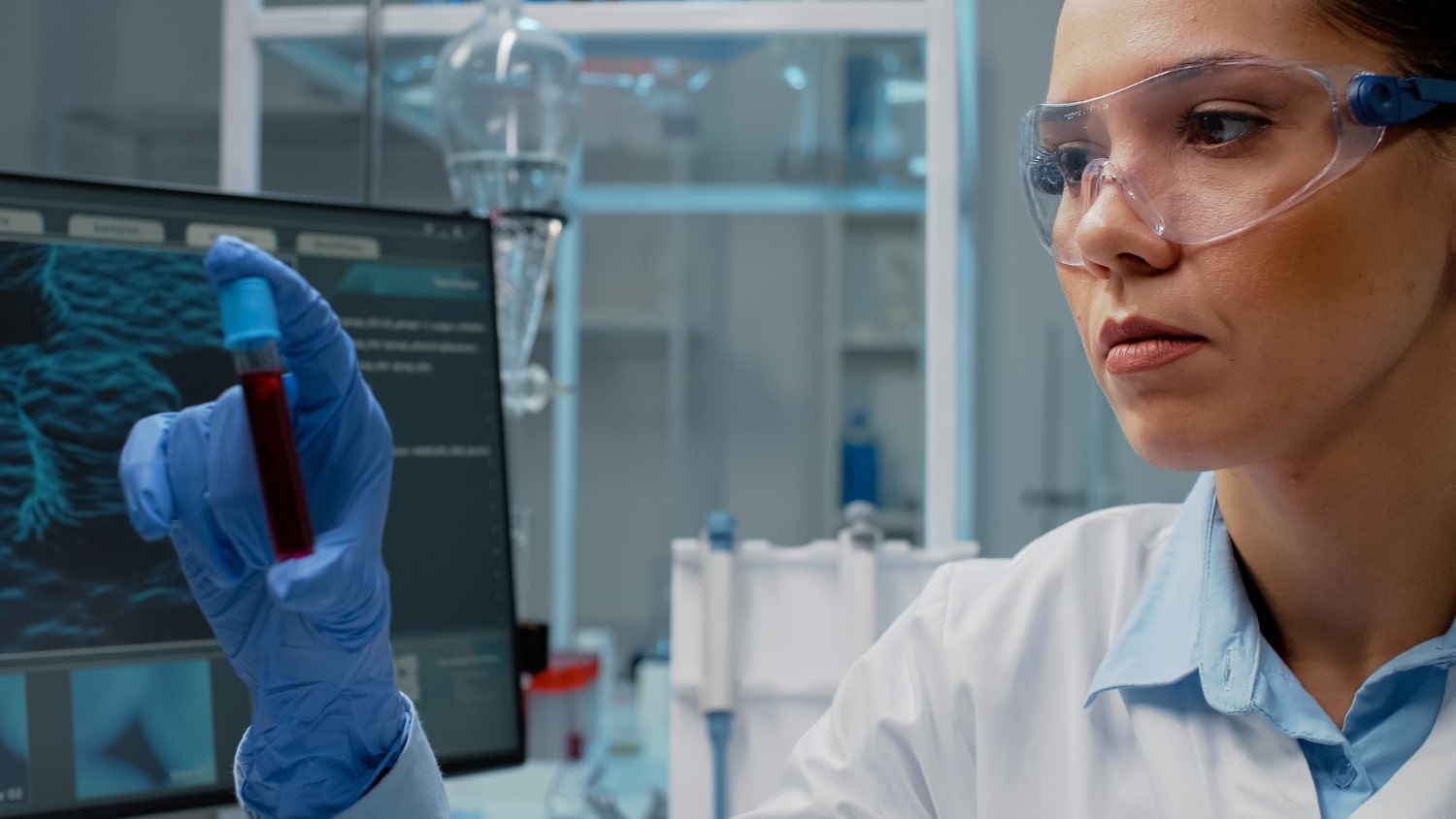
Explore the exciting world of Clinical Laboratory Technologists and learn about their job description, responsibilities, salary, and essential qualifications in this comprehensive guide.
Introduction:
Clinical Laboratory Technologists 01 play a crucial role in the healthcare industry, working behind the scenes to perform complex tests and analyze samples to diagnose and treat various diseases. They are responsible for ensuring accurate results, maintaining equipment, and following strict protocols.
In this article, we’ll dive into the world of Clinical Laboratory Technologists, including their job description, responsibilities, salary, and the qualifications required to become one.
Clinical Laboratory Technologists Job Description
Clinical Laboratory Technologists work in a laboratory setting, using a variety of equipment and techniques to analyze biological specimens, such as blood and urine samples. They are responsible for performing tests to help diagnose and treat diseases, monitor treatments, and monitor the health of patients.
Clinical Laboratory Technologists also play an important role in research and development, working to develop new tests and improve existing ones.
Clinical Laboratory Technologists’ Responsibilities
The responsibilities of Clinical Laboratory Technologists include:
- Performing routine and specialized tests on biological specimens
- Analyzing test results and interpreting results
- Maintaining and calibrating laboratory equipment
- Ensuring accurate and reliable test results
- Keeping detailed records of test results and processes
- Following strict quality control procedures
- Staying up-to-date with new techniques and equipment
- Mentoring and training new laboratory staff
Clinical Laboratory Technologists Salary
The salary of a Clinical Laboratory Technologist varies depending on factors such as location, experience, and education. On average, Clinical Laboratory Technologists in the United States earn a salary of around $60,000 per year, with the top 10% earning over $80,000. Additionally, many Clinical Laboratory Technologists receive benefits such as health insurance, paid time off, and retirement plans.
Essential Qualifications for Clinical Laboratory Technologists
To become a Clinical Laboratory Technologist, you must have:
- A bachelor’s degree in medical technology, clinical laboratory science, or a related field
- A state-issued license
- Strong analytical and critical thinking skills
- Attention to detail and the ability to work with precision
- Good communication and interpersonal skills
- Ability to work in a fast-paced, high-pressure environment
Frequently Asked Questions
Q: What is a Clinical Laboratory Technologist?
A: A Clinical Laboratory Technologist is a medical professional who works in a laboratory setting to analyze biological specimens and perform tests to diagnose and treat diseases.
Q: What are the responsibilities of a Clinical Laboratory Technologist?
A: The responsibilities of a Clinical Laboratory Technologist include performing routine and specialized tests on biological specimens, analyzing test results, maintaining and calibrating laboratory equipment, ensuring accurate results, and following strict quality control procedures.
Q: How much does a Clinical Laboratory Technologist earn?
A: The salary of a Clinical Laboratory Technologist varies, but on average, Clinical Laboratory Technologists in the United States earn a salary of around $60,000 per year, with the top 10% earning over $80,000.
Q: What qualifications do I need to become a Clinical Laboratory Technologist?
A: To become a Clinical Laboratory Technologist, you must have a bachelor’s degree in medical technology, clinical laboratory science, or a related field, a state-issued license, strong analytical and critical thinking skills, attention to detail, good communication and interpersonal skills, and the ability to work in a fast-paced environment.
Q: Is it a physically demanding job?
A: Clinical Laboratory Technologists spend most of their time working in a laboratory setting, so the physical demands of the job are relatively low. However, they may need to lift heavy equipment or stand for extended periods of time.
Q: Is a Clinical Laboratory Technologist a high-stress job?
A: The job of a Clinical Laboratory Technologist can be high-pressure at times, as they are responsible for ensuring accurate and reliable test results. However, many Clinical Laboratory Technologists find the work to be challenging and rewarding.
Q: What are the future career prospects for Clinical Laboratory Technologists?
A: The demand for Clinical Laboratory Technologists is expected to grow in the coming years, as advances in medical technology and an aging population lead to an increased need for their services. Many Clinical Laboratory Technologists also go on to pursue advanced degrees and leadership positions within the healthcare industry.
Conclusion:
Clinical Laboratory Technologists play a critical role in the healthcare industry, using their expertise and attention to detail to diagnose and treat diseases. With a rewarding salary, a supportive work environment, and opportunities for growth and advancement, a career as a Clinical Laboratory Technologist can be both challenging and fulfilling.
If you are interested in pursuing a career in the medical field, consider becoming a Clinical Laboratory Technologist and making a real difference in the lives of patients.
